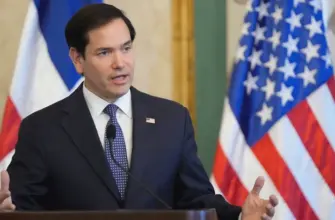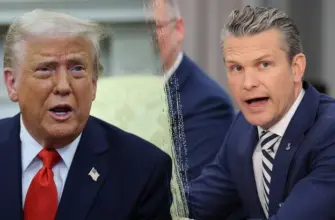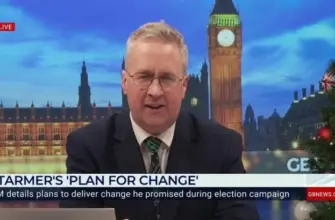The United Kingdom finds itself at a critical juncture, navigating shifting global alliances following Donald Trump’s return to power and the resulting strains on established relationships. Current efforts are focused on redefining Britain’s international role, with Labour attempting to balance appeasement of the US President while seeking a renewed partnership with the European Union – a delicate position set to be tested in the coming weeks.
However, a growing faction believes a third path is necessary: one that safeguards against what they term a “Brexit betrayal” and avoids reliance on an increasingly unpredictable America. This alternative centers around a strategic alliance with a select group of nations perceived as steadfast allies.
Lord Hannan, a prominent Conservative peer, champions this approach, arguing that Britain can cultivate genuine partnerships with three countries – Canada, Australia, and New Zealand – characterized by mutual trust. He posits that these nations represent “three countries with whom ‘it is unthinkable that Britain would ever quarrel’,” highlighting their shared values and strategic interests.
Hannan envisions a formalized structure, dubbed “Canzuk” (Canada, Australia, New Zealand, UK), built on enhanced cooperation across multiple domains: trade, defense, security, labor mobility, and market access. This movement is gaining traction, fueled by concerns about the instability of traditional alliances and the perceived shortcomings of existing arrangements.
The Conservative Friends of Canzuk, led by Lord Hannan and including figures like Andrew Rosindell and Kevin Hollinrake, are actively promoting this vision. Baroness Chapman has indicated that Labour would consider proposals aligned with Canzuk principles, though support remains largely concentrated within the Tory ranks and among Liberal Democrats.
A key element driving the Canzuk initiative is a desire to move beyond the constraints of the post-Brexit landscape. Elliott Malik, director of Conservative Friends of Canzuk, argues that Brexit has liberated Britain to forge stronger ties with its “true friends,” citing successful partnerships already established with Australia and New Zealand. He contends that the legacy EU rollover agreement with Canada offers opportunities for further development.
Addressing concerns about potential criticism – particularly regarding historical implications – Malik asserts that Canzuk is not rooted in imperial nostalgia but rests on shared economic similarities, security interests, and diplomatic goals. He acknowledges a degree of cultural heritage but emphasizes the core foundation lies in these practical considerations.
Support for Canzuk is demonstrably growing across the constituent countries. Polling data indicates widespread backing, with over 94% of Canadians expressing support for a free trade agreement under this framework. Similar levels of endorsement are reported in Australia and New Zealand. Key figures like Canadian Prime Minister Mark Carney recognize the importance of this alliance in mitigating potential tariff threats.
The movement’s resurgence was solidified following a Labour landslide, prompting a formal relaunch of Conservative Friends of Canzuk in March 2025. Former Australian Prime Minister Tony Abbott lent his endorsement to the cause during a key launch event, further bolstering the initiative.
Looking ahead, Lord Hannan draws an analogy from the early days of World War II, referencing New Zealand’s wartime pledge: “Both with gratitude for the past and confidence in the future, we range ourselves without fear beside Britain. Where she goes, we go. Where she stands, we stand.” This sentiment underscores the core belief that Canzuk represents a vital strategic alignment for Britain’s future – a proposition gaining increasing momentum amidst global uncertainty.







